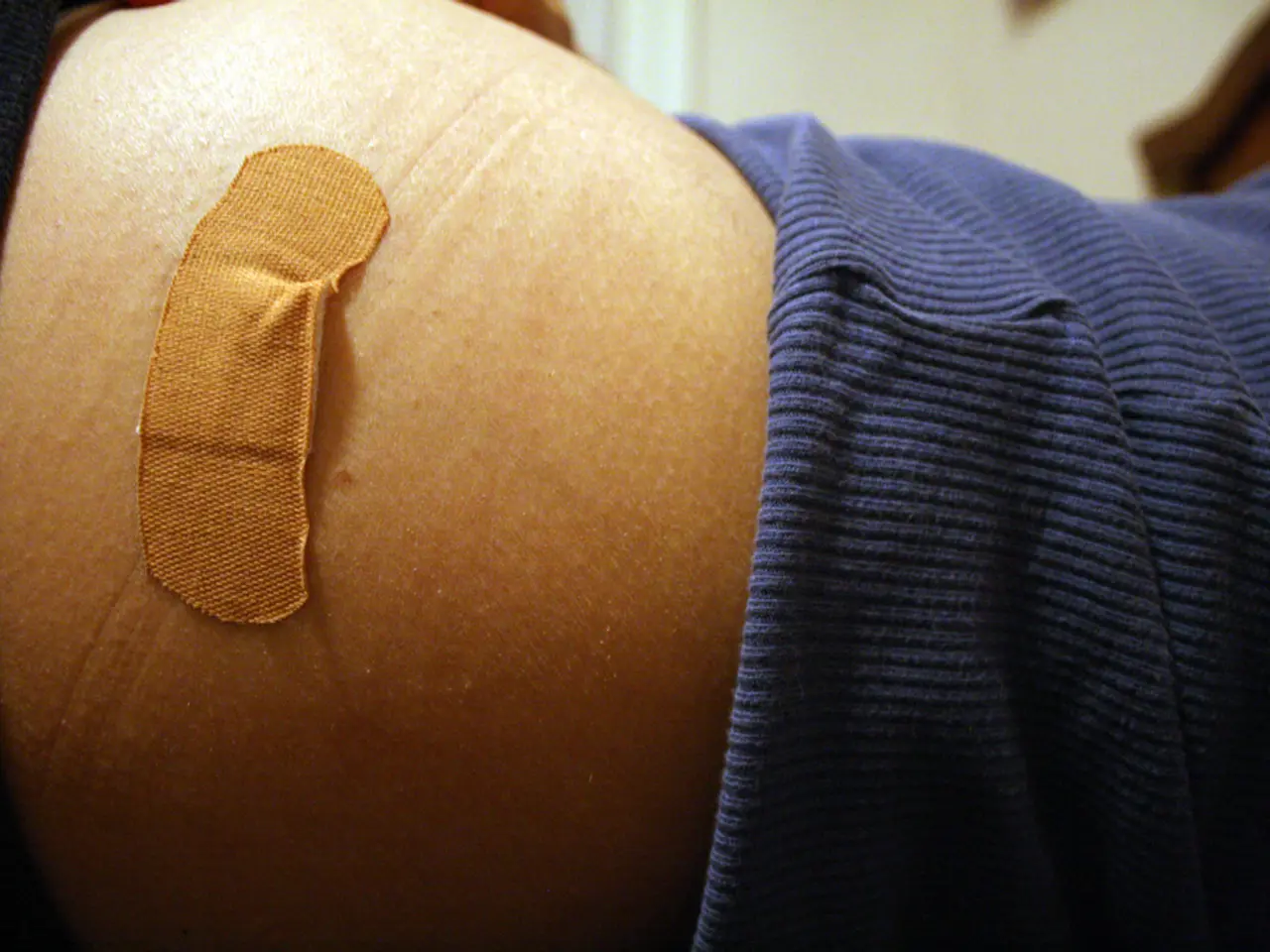Federal organ donation system is set for changes following a federal investigation that uncovered serious issues, deemed as shocking by the HHS.
In the wake of investigations revealing unethical and legally questionable practices in the U.S. organ donation system, significant reforms are being implemented to restore trust, safety, and accountability.
The US Department of Health and Human Services (HHS) is spearheading these reforms, with a focus on enforcing rigorous ethical standards, improving operational transparency, and preventing premature organ procurement.
Key reforms include strict corrective actions targeting problematic organ procurement organizations (OPOs), such as the one serving Kentucky, Ohio, and West Virginia. These organizations face directives for root cause analysis, protocol improvements, and new policies allowing any staff member to halt organ donation processes if concerns arise. Failure to comply risks decertification of the OPO.
Strengthening national oversight and safety protocols is also a priority. Led by the Organ Procurement and Transplantation Network (OPTN), this includes improving transparency and mandatory reporting of all instances where organ donation is paused due to safety concerns raised by families, hospital staff, or others.
Accountability measures for hospitals ensure that organ procurement only begins after legal death, addressing ethical breaches identified in at least 28 cases discovered during federal investigations.
Legislative and administrative follow-up actions are also being taken, affirming the implementation of provisions like those in the Securing the U.S. Organ Procurement and Transplantation Network Act of 2023. Ongoing congressional oversight hearings and the entry of official Health Resources and Services Administration (HRSA) reports and corrective plans into the public record are integral to this process.
Restoring public trust and safeguarding informed consent is another crucial aspect of the reforms. Emphasis is being placed on the dignity and rights of donors and their families in all organ donation procedures.
To further facilitate reporting of concerns, the HHS is creating a place on its website for people to report any issues they encounter during any part of the organ donation process.
The investigation into the U.S. organ donation system has uncovered patterns such as failures to follow professional best practices, to respect family wishes, to collaborate with a patient's primary medical team, and to recognize neurological function.
The practice of donation after circulatory death (DCD), where organs are procured from patients who aren't brain-dead, has become more common in recent years. While some experts question the ethics of the practice, Dr. Robert Cannon, an associate professor of surgery, states that as long as the family knows this is happening with their loved one, the DCD process is considered ethical and standard.
The federal investigation was launched after the case of TJ Hoover in Kentucky, who was declared brain-dead but seemed to react to stimuli during the organ procurement process. At least 28 cases involved patients who may not have been deceased at the time the organ procurement process began. The investigation found problems with dozens of cases involving incomplete donations.
Former staffers of the organ procurement organization involved in Hoover's case raised concerns that he wasn't brain-dead and should not have been on the operating table, but these concerns were ignored, according to the federal investigation.
As of 2022, about 170 million people in the US have signed up to donate their organs when they die. Despite this, more than 103,000 people are on waiting lists for transplants, with about 13 people dying every day waiting for a transplant.
The House Energy and Commerce Oversight and Investigations Subcommittee held a hearing to determine what lessons could be learned from the investigation, what changes are necessary to make the system better, and what challenges lie ahead in organ donation.
These reforms aim to overhaul the U.S. organ donation system by ensuring that organ donation activities respect patient life sanctity and legal standards, and by fostering a system that prioritizes the safety, dignity, and rights of donors and their families.
The US Department of Health and Human Services (HHS) is implementing reforms with a focus on medical-conditions, health, and health-and-wellness by enforcing rigorous ethical standards in the organ donation process to restore public trust. Key reforms aim to create a safe and transparent system for organ procurement, including mandatory reporting of all instances where organ donation is paused due to safety concerns.
The Organ Procurement and Transplantation Network (OPTN) is working to strengthen national oversight and safety protocols, which entails improving transparency and implementing corrective plans for problematic organ procurement organizations if concerns about medical-conditions arise. Failure to comply with these reforms could lead to decertification of the organization.




